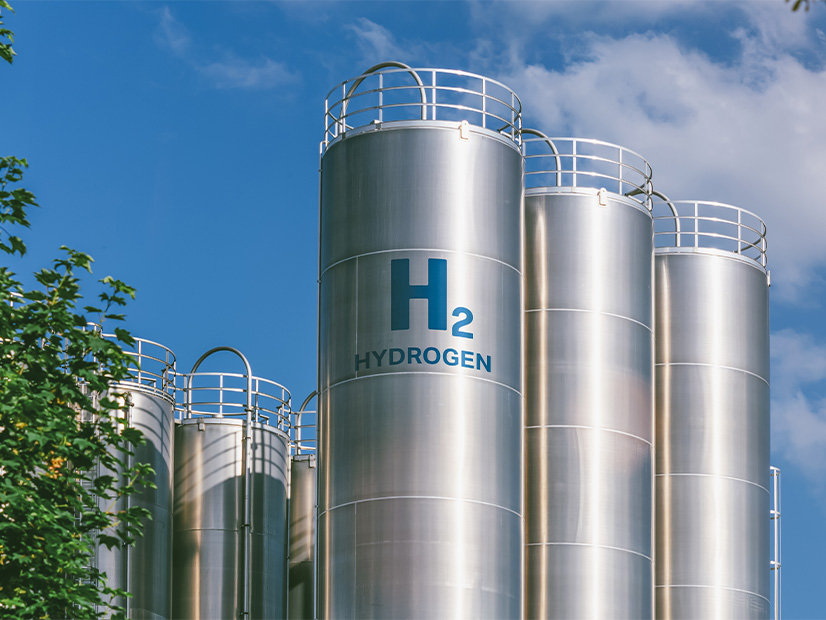Industry, private developers and state governments from every region of the nation applied for federal funding to create hydrogen hubs consisting of industries or transportation companies interested in switching from carbon-intensive fuels to hydrogen.
Seventy-nine groups offered to invest a total of $157 billion for a chance to qualify for $7.5 billion in federal H2Hub matching grants, according to an unpublicized report now available on the Department of Energy Office of Clean Energy Demonstrations’ website. The report notes that DOE would require about $60 billion were it to approve all of the applications.
The department does not plan to announce or identify those applicants it has discouraged, nor identify those it has encouraged, to file a full application by close of business April 7.
Faced with so many preliminary or “concept” applications, all filed by the Nov. 7 deadline, DOE appears not to have made final decisions on all applications until the end of December, based on the few announcements made by some of the “encouraged” applicants.
And the department is leaving the door open for 46 applicants it has tried to “discourage.” Though their initial applications were determined to be incomplete or not feasible, they are free to file a full application or join with one of the 33 groups DOE has encouraged.
In an effort to explain the process its reviewers used, the department said it favored groups that appeared to have the best chance of creating a working hub — hydrogen production and nearby hydrogen consumption — in the earliest possible time.
“The encouraged concept papers plan to develop all elements critical to a H2Hub: comprising production, end uses and connective infrastructure; demonstrating capabilities to execute a project plan or to attract and hire such capabilities; planning to deploy proven technologies; and indicating commitments to clean hydrogen and meaningful community benefits,” the report noted.
The report also tried to explain why it rejected, or discouraged, some applications.
“The 46 concept papers were discouraged for many reasons, but one of the most common reasons was papers that described concepts focused on only one element of the hub. Concept papers were also discouraged that would depend on technologies unready for commercial-scale demonstrations and projects whose elements were not readily suited to help catalyze a national clean hydrogen network.”
And the report specifically noted that those applicants who have just received an “encourage” review are not guaranteed a win next year.
“An encourage notification simply means that the proposal is on the right path towards submitting a full application. DOE expects significant competition amongst applicants, even if only encouraged applicants proceed.”
Energy Secretary Jennifer Granholm announced the availability of the grants at a September hydrogen conference in Pittsburgh attended by more than 6,000.
The grants, funded by the 2021 Infrastructure Investment and Jobs Act, are the first step toward moving industry and transportation from hydrocarbon fuels to hydrogen, and key to the Biden administration’s goal to decarbonize the economy by 2050.
DOE appears not to have contacted applicants until after Christmas, based on the few news releases issued by the groups that received a “thumbs up” response.
The department contacted the 79 groups that had submitted applications, “encouraging” 33 of them to file full-blown applications by April 7. Those groups officially “discouraged” may still file full applications, the report noted, or they can join the encouraged groups.
A media search Monday indicated the following hydrogen hub applicants had received a positive DOE review:
- Hawaii Pacific Hydrogen Hub;
- HALO Hydrogen Hub, proposed jointly by Arkansas, Louisiana and Oklahoma;
- Western Interstate Hydrogen Hub, proposed by Colorado, New Mexico, Utah and Wyoming;
- Pacific Northwest Hydrogen, proposed by Washington state and Oregon;
- ARCH2, by West Virginia, Pennsylvania, Ohio and Kentucky; and
- Obsidian Renewables, an Oregon solar developer.



